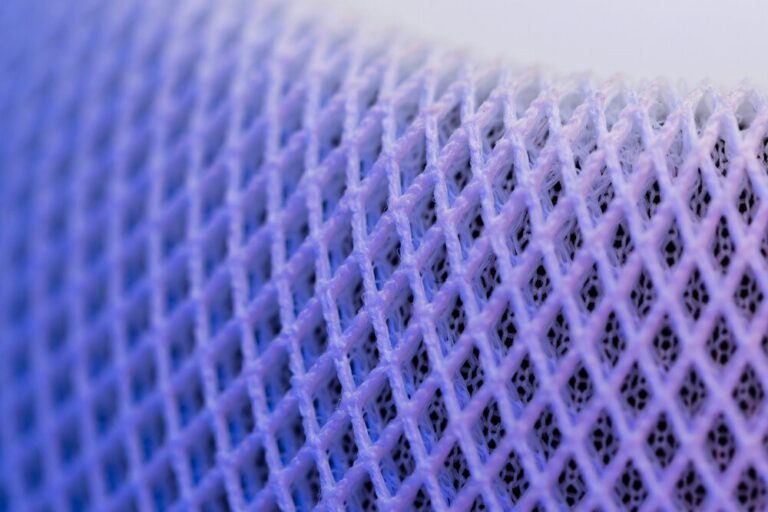According to this article, traditional Oriental medicine could benefit from integration with the scientific advancements in medical science and diagnostics in concert with nanotechnology. Combining the three could lead to a new era of affordable, safe and effective medicine. Turmeric is a traditional medicine plant that is a rich source of phenolic compounds. The bio-active polyphenol component of turmeric is curcumin. In scientific literature, curcumin exhibits a broad range of biological and pharmacological activities, including anti-oxidant, anti-inflammatory, anti-bacterial, anti-fungal, anti-parasitic, anti-mutagen, anti-cancer and detoxification properties. Curcumin has the potential to treat a variety of diseases, such as cancer, cardiovascular, neurological and gastrointestinal disorders, multiple sclerosis, diabetes type II, skin diseases, cystic fibrosis, and cataracts. The major problem limiting the exploitation of its therapeutic effects is its low bioavailability. Nanotechnology-based novel strategies are being pursued to enhance curcumin’s bioavailability and reduce perceived toxicity. The article states that long-term, large-scale, and randomized clinical trials on humans are needed to establish the safety of curcumin at antioxidant and anti-inflammatory doses, in order to develop drugs based on curcumin that are acceptable to the scientific community. Moreover, the traditional medicinal system may need to adopt novel strategies combined with nanotechnology to develop curcumin-based drugs that have enhanced bioavailability and efficacy.




